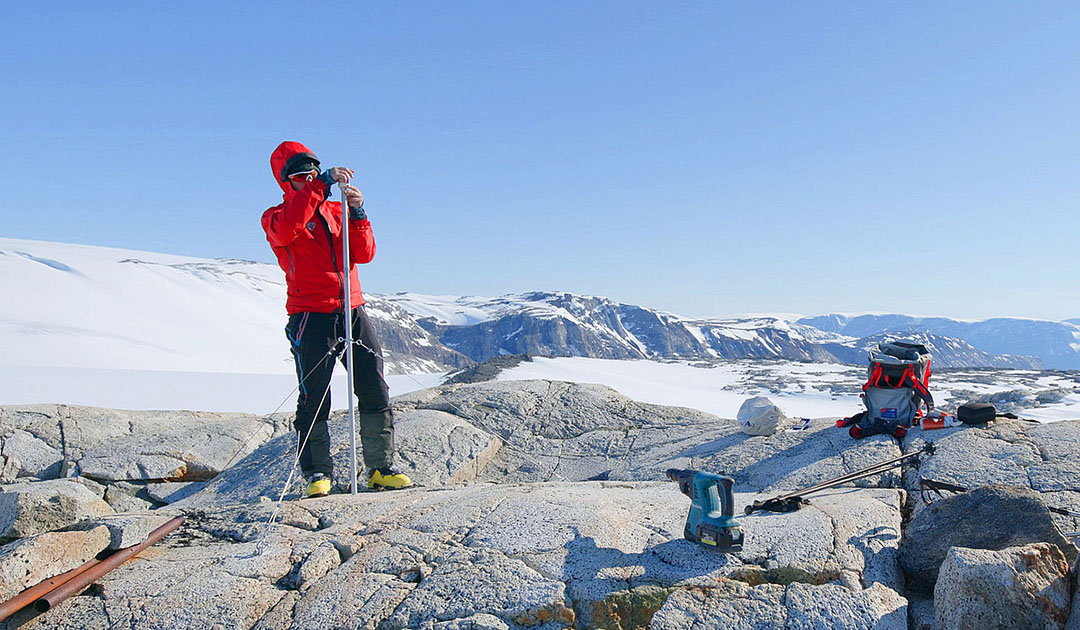
The use of biological samples for secondary research without authorization, or the biopiracy of Indigenous knowledge for commercial exploitation, are just a few examples of researchers’ violations of indigenous rights. “Such practices are widespread, amplifying the need for researchers to ensure that Indigenous peoples have the overall vision, power and authority to determine what, how and why research takes place on their territories,” note the authors of an article recently published in Science on the responsibility of researchers towards the rights of Indigenous peoples.
Taking up the United Nations Declaration on the Rights of Indigenous Peoples, the authors identified articles of the declaration relevant to researchers summarized under four main themes: self-determination, consent, intellectual property, engagement and learning. For scientists out in the field, this means including Indigenous communities and their knowledge in research, but also obtaining their consent to conduct research that affects them directly or indirectly, while respecting their intellectual property and promoting work with Indigenous peoples.
For while scientific research is beneficial to our understanding of the world, it can also cause harm to populations that are often little, if at all, involved in research work. Hence the need to appeal to the responsibility of researchers: ” How research is conducted can have implications for Indigenous rights, self-determination, and sovereignty, especially when research takes place on Indigenous lands and waters and involves Indigenous peoples, their knowledge, wisdoms, cultural items, etc.“, state the authors. “As such, researchers can contribute to broader policy changes needed to ensure that the inherent rights of Indigenous peoples are recognized in all aspects of society,” they conclude.

While the authors’ recommendations and conclusions are not new, they do put the squeeze back on a crucial issue: the absence of Indigenous Peoples as stakeholders in scientific research. And Arctic research is no exception.
Legacy of a colonial and racist past
From the first contacts between Inuit, explorers and researchers, the Inuit were widely considered as objects of study or as helpers for Westerners who set out to discover these territories which they ultimately wrongly considered as virgin and undiscovered. Even if their survival techniques and their knowledge of the Arctic environment have been widely taken up, especially by explorers, the word and the indigenous expertise were rarely taken seriously. This attitude of inferiority towards the indigenous Arctic populations, as well as the colonialism and racism that have largely marked the history of these communities, are still found today in some research practices.
This was already established in a report published in 2018 by Inuit Tapiriit Kanatami (ITK), a national representative body of the 65,000 Inuit of Canada. “The term research invokes strong reactions among Inuit because researchers have historically been and continue to be the primary beneficiaries of research involving our people, wildlife, and environment“, says Natan Obed, president of the ITK. ” While we recognize the important role research can play in informing actions that create safer, healthier, and more resilient communities, Inuit from across Inuit Nunangat [the region that encompasses the Northwest Territories, Nunavut, Nunavik and Nunatsiavut, editor’s note] have long insisted that researchers and research institutions respect Inuit self determination in research through partnerships that enhance the efficacy, impact, and usefulness of research. »
Indigenous traditional practices and knowledge could also represent a plus in scientific research, particularly on the issue of climate change which is disrupting the Arctic regions and of which the Indigenous populations are the first witnesses.
Hopefully, changes seem to be coming. Scientific projects include Indigenous knowledge in their research and scientific institutions have established guidelines to improve collaboration and communication between researchers and local communities in the Arctic. Such project as the Swiss Polar Institute “GreenFjord”, focusing on fjord ecosystem in the context of climate change, has included a human dimension to its work. By interviewing local residents, researchers will try to determine their current and future needs and their dependency towards the fjord ecosystem. A way to put scientific knowledge at the service of the local communities.
Mirjana Binggeli, PolarJournal
More on the topic





